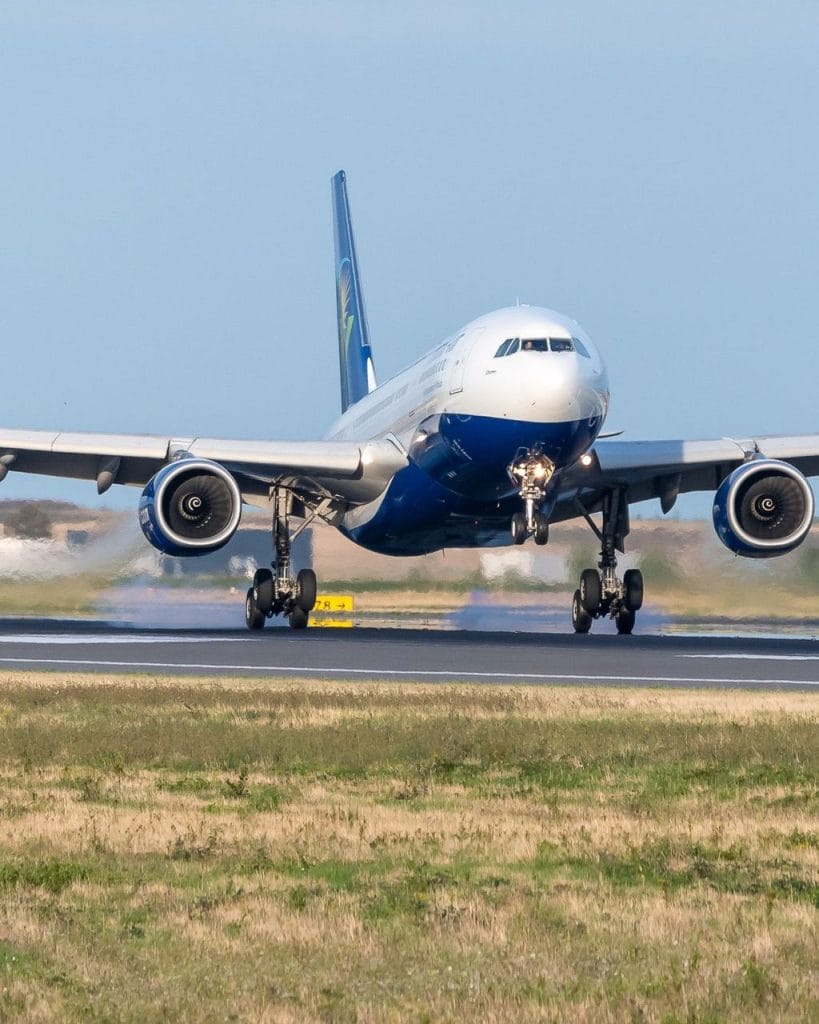Rwanda has taken center stage in Africa’s push to overhaul its aviation industry, hosting a high-level summit aimed at expanding access to air travel, enhancing safety standards, and deepening regional collaboration.
More than 400 aviation stakeholders, including airline executives, government officials, and industry experts from across Africa and beyond, have gathered in Kigali for the 13th Aviation Stakeholders Convention and the 2nd African Aviation Safety and Operations Summit. The three-day event is being held under the theme “Sustainability, Collaborate, Innovate and Strengthening Safety Culture in Africa.”
Organized by the Government of Rwanda in partnership with the African Airlines Association (AFRAA), the forum is seen as a strategic step toward addressing the structural and economic challenges that have long hindered the continent’s aviation growth.
AFRAA Secretary General Abderahmane Berthe underscored the urgency of coordinated efforts among African carriers. “African airlines must work together through interline agreements and code sharing to cut operational costs and make flying more affordable,” Berthe said. He pointed out that currently, only about 10 percent of Africa’s population can afford air travel—a figure that highlights the immense potential for growth.
Yvonne Makolo, CEO of RwandAir, stressed the need for greater investment in connectivity. “Africa holds 17 percent of the world’s population but contributes just 2.2 percent to global air traffic,” she said. “The high cost of tickets forces many to rely on 14-hour bus rides for journeys that could be two-hour flights. We need to change that.”
Rwandan Prime Minister Edouard Ngirente opened the summit with a call to view aviation as a driver of continental transformation. “Air transport is a powerful engine for economic development, linking markets, cultures, and communities,” he said. “Rwanda’s policies, including visa-on-arrival for all Africans, are aimed at boosting regional movement, trade, and tourism.”
The summit also aims to strengthen the continent’s aviation safety culture. Discussions are focusing on harmonized regulations, the integration of innovative technologies, and sustainable practices that can make the sector more resilient and future-ready.
The backdrop to the event includes cautious optimism on the global front. The International Air Transport Association (IATA), in a recent forecast, projected that the global airline industry would reach a net profit of $36.6 billion in 2025—up from $31.5 billion expected in 2024—despite supply chain and cost pressures.
As Kigali hosts some of the most influential voices in aviation, the message from Africa is clear: the continent is ready to elevate its skies—not only through policy reforms but through cooperation, innovation, and a renewed commitment to making air travel safer and more accessible for all.



